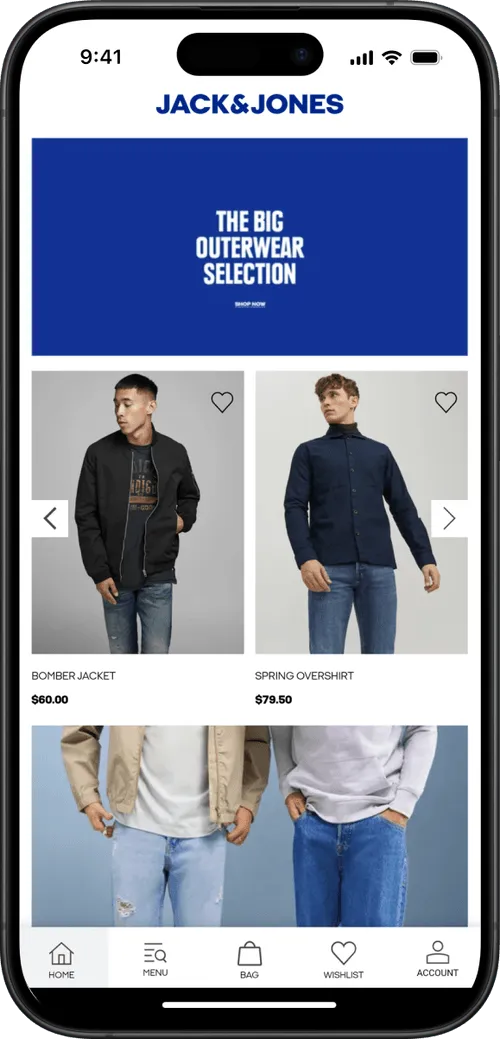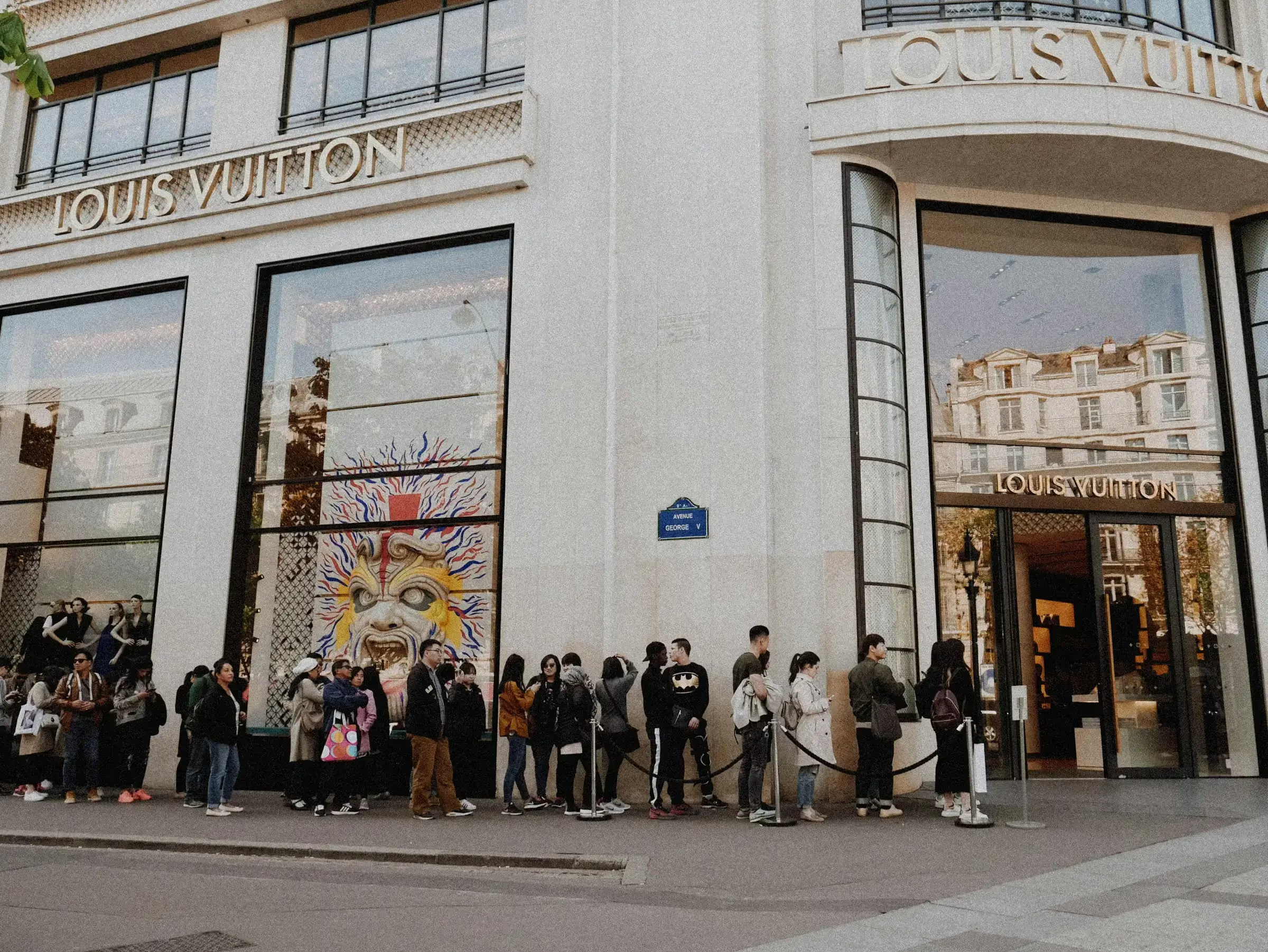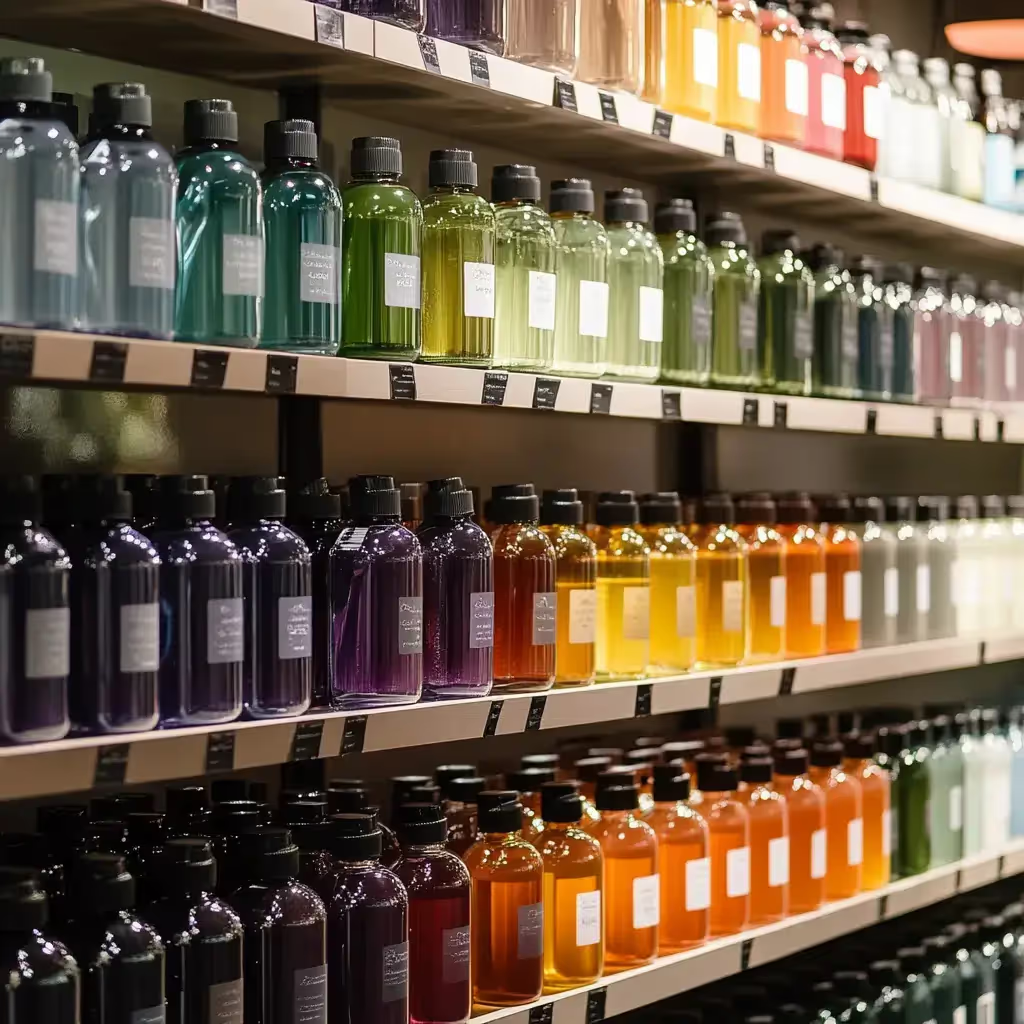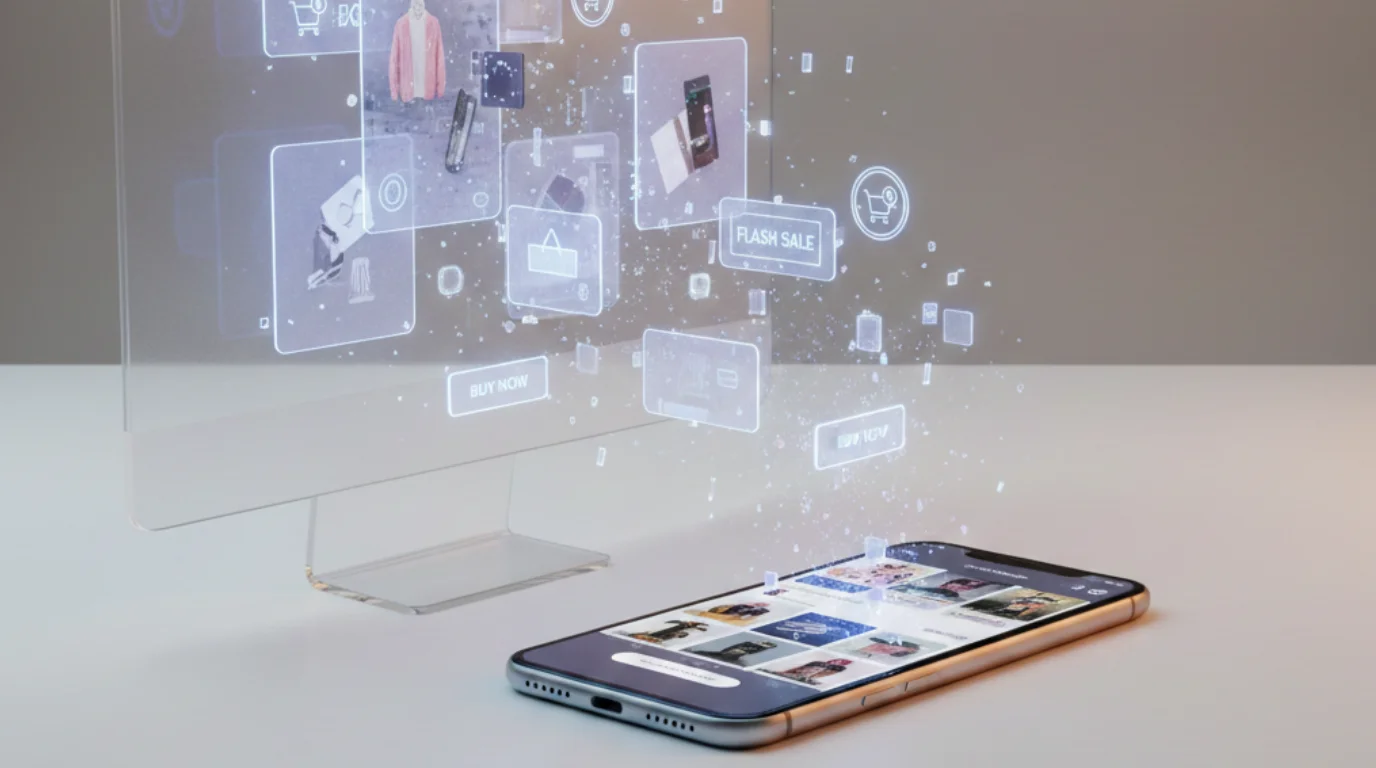Five Reasons Why GCC Retailers Need Mobile Apps
The GCC is one of the most mobile-first regions in the world. Internet penetration is nearly universal, and smartphones are the dominant way people shop, browse, and pay. More than half of all ecommerce transactions in Saudi Arabia, the UAE, and neighboring markets now happen on mobile. The message is clear: GCC brands need their own app. And MobiLoud makes it easy, by converting your existing website into a mobile app with no hassle, and minimal maintenance required.
The GCC is one of the most mobile-first regions in the world. Internet penetration is nearly universal, and smartphones are the dominant way people shop, browse, and pay. More than half of all ecommerce transactions in Saudi Arabia, the UAE, and neighboring markets now happen on mobile. The message is clear: GCC brands need their own app. And MobiLoud makes it easy, by converting your existing website into a mobile app with no hassle, and minimal maintenance required.
In the Gulf, smartphones are the primary way consumers connect with brands and shop online.
With some of the highest internet and smartphone penetration rates in the world, the GCC has become a truly mobile-first market. Shoppers overwhelmingly prefer using their phones to research, browse, and buy. And they expect retailers to meet them through dedicated apps.
This isn’t just theory. Data shows that well over half of ecommerce transactions in Saudi Arabia, the UAE, and neighboring markets now come through mobile, with apps driving higher conversion rates and bigger basket sizes than mobile web.
As a retailer, if you want to capture and retain customers in the GCC, you need to meet them where they spend their time — in mobile apps.
Why Mobile Apps Are Essential in the GCC (At a Glance)
- Internet & Smartphone Penetration Is World-Leading. Virtually everyone in the GCC is online, and almost all of them access the internet via smartphones. Countries like Saudi Arabia and the UAE boast 99% internet penetration and some of the fastest mobile networks globally.
- Consumers Are Mobile-First. Shoppers in Saudi, the UAE, and across the region overwhelmingly choose their phones for online shopping. In fact, over half of digital shoppers in these markets say mobile is their preferred device.
- Mobile Commerce Dominates. Today, the majority of online purchases in GCC countries happen on mobile. 62% in Saudi Arabia, 60% in the UAE, and over 50% in every other Gulf market.
- Apps Outperform Mobile Web. When given the choice, GCC consumers prefer to transact through dedicated shopping apps. Apps generate the bulk of mobile sales and deliver 3x higher conversion rates than mobile websites.
- Apps Drive Bigger Baskets and Loyalty. Not only do apps convert better, they also lead to higher average order values and better retention. Shoppers who download a brand’s app are more likely to spend more, shop more often, and stick around.
Five Reasons Every GCC Retail Brand Needs an App
1. Internet & Smartphone Usage in the GCC is Among the Highest in the World
The GCC is one of the most connected regions on the planet. Countries like the UAE, Saudi Arabia, and Qatar consistently rank among the global leaders for both internet penetration and smartphone adoption.
Near-universal connectivity
By 2024, both Saudi Arabia and the UAE reported 99% internet penetration, meaning virtually everyone is online.
In Saudi Arabia, 98.9% of users access the internet primarily through mobile phones, making the smartphone the default gateway to the web.
.webp)
More phones than people
The UAE alone has mobile subscriptions equal to 219% of its population.
This means most people carry more than one active SIM card; showing how central mobile is to daily life.
World-class mobile infrastructure
GCC countries are at the forefront of 5G adoption and mobile internet speeds. In Saudi Arabia, for example, median mobile speeds exceed 100 Mbps, roughly double the worldwide average.
2. Middle Eastern Consumers are Mobile-First
Having world-leading smartphone penetration is one thing. But what really matters is how people use their devices.
In the GCC, consumers don’t just own smartphones, they live their digital lives through them.
Smartphone-first shopping
Surveys show that over half of digital shoppers in Saudi Arabia, the UAE, and Egypt prefer to shop online using their phones. In many cases, the smartphone is the only device they use to research, compare, and purchase products.
.webp)
Search behavior is mobile-led
In both Saudi Arabia and the UAE, around 70% of shopping-related Google searches are made on mobile devices. Discovery, product research, and even price comparisons overwhelmingly happen on smartphones.
Mobile across the customer journey
From the first ad impression to checkout, mobile dominates the buyer’s path. Product videos are consumed on mobile, social discovery happens on apps like Instagram and TikTok, and conversions increasingly happen in mobile-native environments.
A mobile-first digital culture
Beyond commerce, this preference extends into media, banking, and communication, reinforcing the fact that for GCC consumers, the smartphone is not a secondary channel but the primary way they engage with the online world.
3. Mobile Commerce is Expanding Rapidly in the GCC
If mobile is how people in the Gulf go online, it’s also how they shop.
The GCC has become one of the world’s fastest-growing mobile commerce markets, with smartphones now driving the majority of online sales.
Mobile is now the majority channel
In 2024, mobile accounted for 62% of ecommerce transactions in Saudi Arabia, 60% in the UAE, and more than half in every other GCC market — Bahrain (59%), Oman (58%), Kuwait (57%), and Qatar (54%).
.webp)
Ahead of the curve
The Gulf was already above the global average for mobile transaction share as far back as 2016, when nearly 43% of online sales were happening on phones. The region has only accelerated since, riding a wave of smartphone adoption and 5G coverage.
Ecommerce growth overall is strong
The UAE and Saudi Arabia alone posted ~23% year-over-year growth in ecommerce sales in 2023, with mobile being the main driver of that expansion.
Seasonal surges reinforce the trend
During Ramadan, for example, shopping app downloads spike and mobile transactions surge, evidence that consumers not only prefer to shop via their phones, they turn to mobile apps for key seasonal purchases.
4. GCC Consumers Prefer Apps
It’s not just that Gulf shoppers use their phones to shop. It’s that they prefer doing so through mobile apps rather than mobile websites.
The data shows that, when retailers provide an app, consumers flock to it.
Apps dominate mobile sales
For retailers that offer both an app and a mobile site, apps capture the majority of mobile sales; in some cases up to 70%. That’s because apps are built for speed, convenience, and personalization, while mobile web still struggles with friction.
Higher engagement in MENA
Research shows that Middle Eastern consumers engage with shopping apps far more than consumers in Western markets, often at levels comparable to Asia, where app-first behaviors are strongest globally.
Massive adoption growth
In 2024, app installs for non-gaming apps grew 30%+ year-over-year in the UAE, Saudi Arabia, and Qatar, a surge that far outpaces global averages. Consumers are actively downloading and trying new apps, especially in ecommerce, fintech, and food delivery.
.webp)
Seasonal app spikes
During high-demand periods like Ramadan or White Friday (the region’s Black Friday), shopping app downloads and usage skyrocket, showing that when the stakes are high, consumers choose apps as their default shopping channel.
5. Mobile Apps Drive Better Results
For GCC retailers, the value of an app goes beyond consumer preference, and translates directly into better performance metrics across the board.
Higher conversion rates
Shopping apps consistently convert at 3x the rate of mobile websites. In some categories, apps deliver conversion rates above 18–20%, compared to just 4–6% on mobile web.
Bigger baskets
Consumers spend more when shopping in-app. Benchmarks show average order values around $127 on apps, compared to $100 on desktop and just $91 on mobile web.
.webp)
Stronger engagement
App users browse more products, add more items to their cart, and check out more frequently. Push notifications and personalized app experiences keep customers active.
Better retention
While retention is a challenge for any app, those who succeed reap the rewards. Shoppers who download and keep a retailer’s app become loyal, high-value customers, returning more often and spending more over time.
The bottom line: apps outperform every other channel. They generate higher revenue per customer, foster stronger loyalty, and give retailers a direct line of communication via push notifications, without the rising costs of ads and third-party platforms.
For GCC retailers, where mobile dominates and consumer expectations are high, an app is a crucial part of your stack.
The Best Way for Brands in the GCC to Launch a Mobile App
With MobiLoud, GCC retailers can convert their existing website into fully branded iOS and Android apps in as little as a month.
Your website powers the app. That means all the features from your website work in the app, there’s no rebuilding, and there’s little work required to keep it running.
Here’s more on why MobiLoud is the best way for GCC brands to launch a mobile app:
- MobiLoud works with any tech stack or ecommerce platform, from Shopify and Salesforce Commerce Cloud to regional platforms like Salla and Zid.
- It supports multi-region stores – perfect for brands running multiple storefronts across the GCC and MENA.
- It’s a fully managed service. We handle everything, including configuration, QA, App Store submissions, and ongoing maintenance. Perfect for teams that want to stay lean.
- We work with your brand on growth, adoption, and engagement strategies, helping you expand into a new area comfortably.
- No templates: unlike typical no-code tools, we don’t force you into a template. Anything that works on your site will work in the app.
- You can go live in just a few weeks, making it quick to see the impact of your mobile app.
.webp)
Proven Track Record with GCC Brands
Many mobile app builders have little to no experience working with brands in the GCC.
Not MobiLoud. We’ve worked with multiple GCC brands, and had excellent results.
Pharmazone is a great example. One of Kuwait’s leading online pharmacies, MobiLoud helped them convert their Shopify site into a mobile app, which now contributes 63% of their total online revenue, with 15x more revenue per user vs their website.
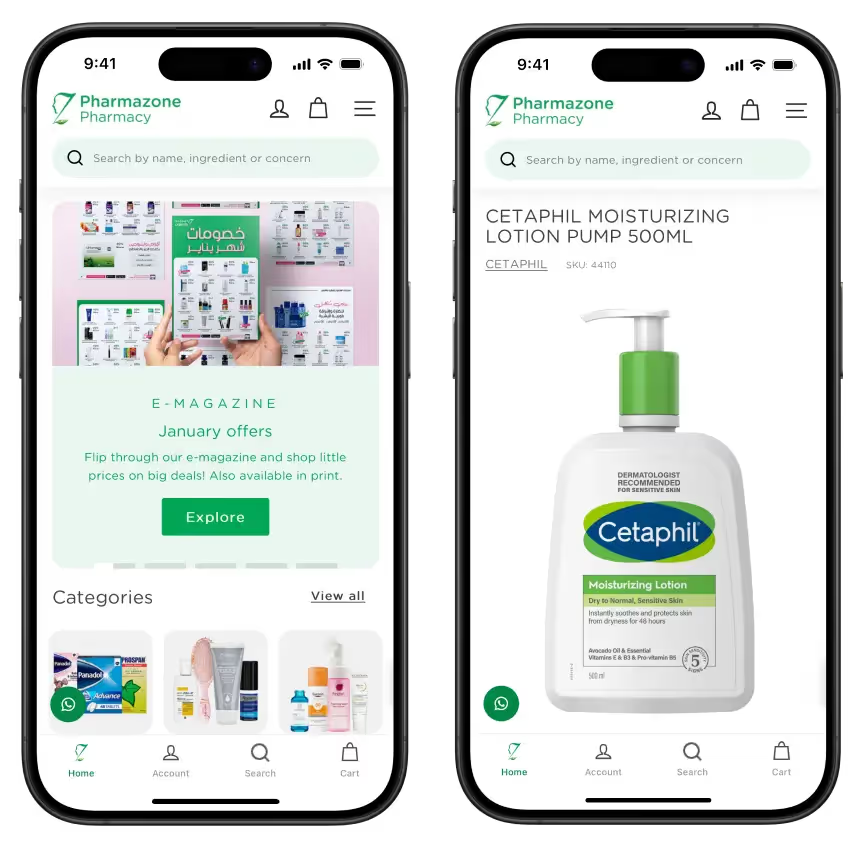
Health and beauty brand NumberC also came to MobiLoud to launch a seamless app experience. Also based in Kuwait, their previous app was built with a popular DIY app builder, with many of their features not working properly in the app (or taking far too much time to manage).
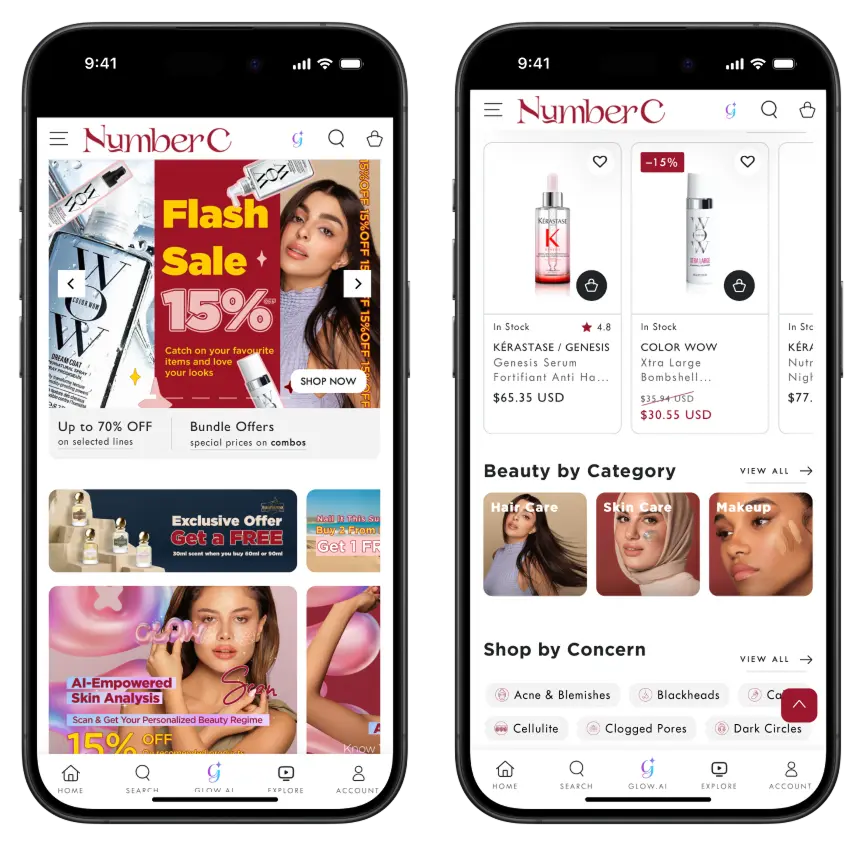
MobiLoud helped them build a new app, fully synced with their website – which drives 20-30% of their revenue, with less overhead and complete flexibility to build custom features.
Next Steps
If you’re a brand operating in the GCC, and want to give your customers the app-first experience they desire, MobiLoud can help you do it.
The next step is to book a consultation with our team. Our experts will walk you through the process, and show you examples of other apps doing the same thing you’re looking to do.
We’ll discuss your goals, make sure MobiLoud is the right fit, and give you a clear picture of everything you need to go live.
Ready to get your brand in the App Stores and on your customer’s device? Book a free consultation now.
FAQs
Convert your website into a mobile app






